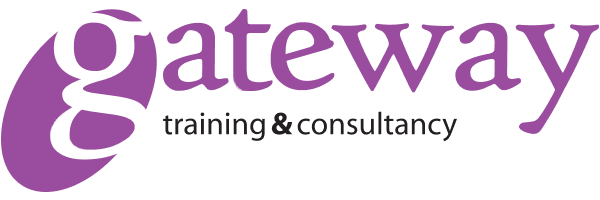Course Overview:
This course introduces healthcare professionals to the After Action Review (AAR) process—a structured debriefing method that encourages reflective learning, identifies gaps, and drives actionable improvements. Participants will learn to facilitate AARs in diverse clinical and administrative settings to enhance patient safety and operational outcomes.
An After Action Review (AAR) is a structured discussion conducted after an event to analyse what occurred, why it happened, and how improvements can be made, based on the perspectives of those involved. AARs serve as both an investigative and learning tool within the Patient Safety Incident Response Framework (PSIRF). There will be an increased emphasis on informing and involving patients in AARs, aligning with national guidance. NHS England highlights the importance of engaging patients, families, and staff appropriately following a patient safety incident and ensuring their involvement in any subsequent investigation.
This course is aimed at those who wish to facilitate and gain better understanding of AAR reviews and those who are part of an AAR team.
“An after action review method of evaluation usually takes the form of a facilitated discussion following an event or activity. It enables understanding of the expectations and perspectives of all those involved, and it captures learning, which can then be shared more widely.” NHS England
“AAR is a structured facilitated discussion of an event, the outcome of which gives individuals involved in the event understanding of why the outcome differed from that expected and the learning to assist improvement. AAR generates insight from the various perspectives of the MDT and can be used to discuss both positive outcomes as well as incidents.” - Patient Safety Incident Response Framework supporting guidance NHS England 2022

